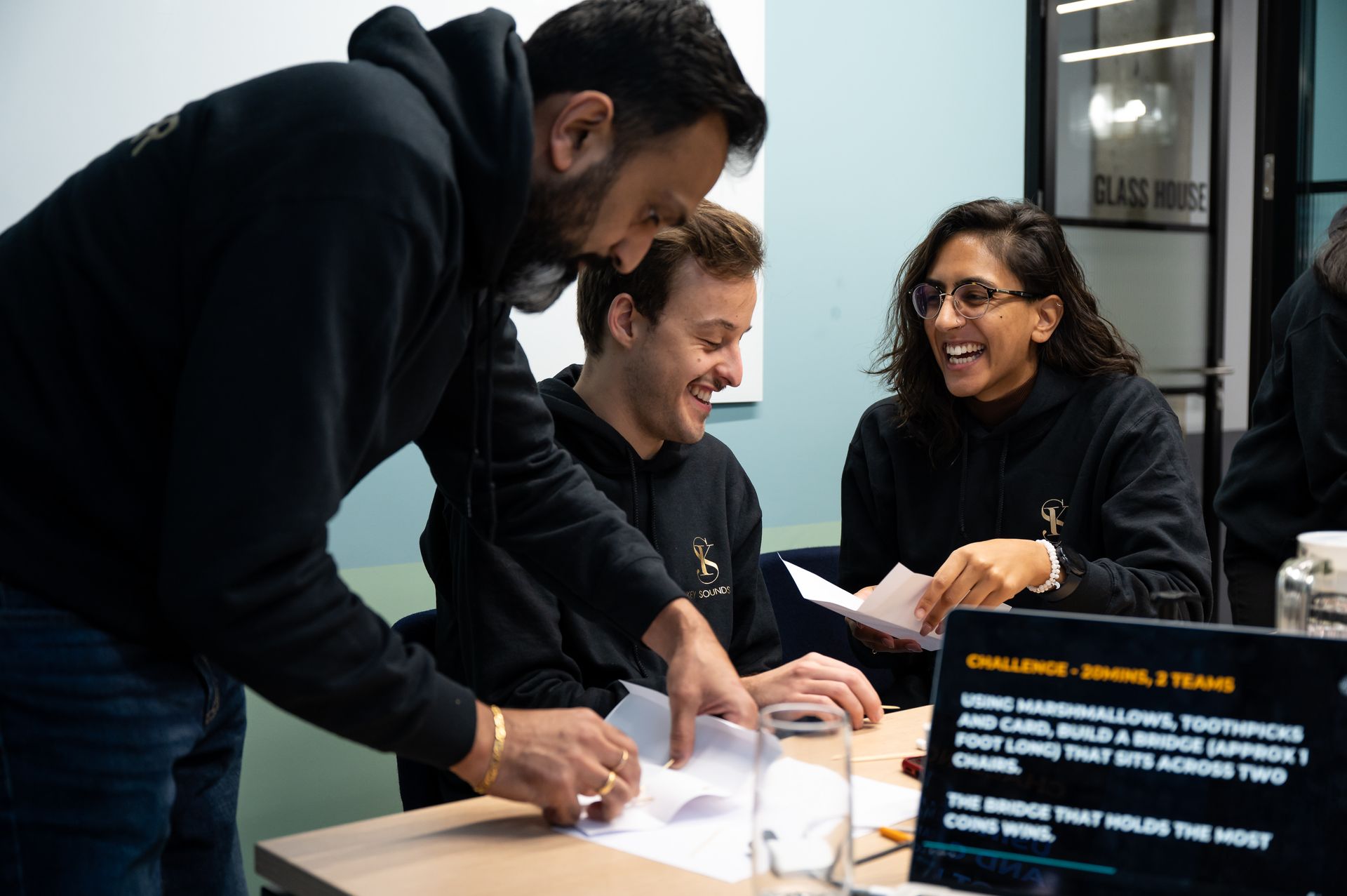Our Best Practices to Guide Piano Students
At our piano school, we take pride in providing comprehensive lessons that cater to students of all abilities. Whether you're a beginner taking your first steps in piano playing or an advanced pianist looking to refine your skills, our team of experienced piano teachers is here to guide you on your musical journey.
For beginners, our lessons are designed to lay a strong foundation in piano fundamentals. We focus on introducing proper technique, reading sheet music, and understanding basic musical concepts. Our patient and supportive teachers create a nurturing environment that fosters confidence and enthusiasm in novice pianists. Through a structured curriculum and engaging exercises, we ensure that beginners develop a solid musical foundation and progress at their own pace.
Intermediate students at our piano school benefit from a more challenging and enriching curriculum. Building upon their existing skills, we delve deeper into music theory, advanced techniques, and musical interpretation. Our teachers encourage exploration and self-expression, helping intermediate students unlock their unique musical voice. Alongside honing technical proficiency, we emphasize the development of musicality, dynamics, and stylistic nuances to create a well-rounded pianist.
Advanced students receive specialized attention at our piano school. Our expert teachers offer guidance on tackling complex repertoire, refining technical mastery, and delving into advanced musical concepts. We provide opportunities for advanced students to participate in concerts and showcase their talent. Additionally, we assist those interested in pursuing piano and music theory exams, offering tailored preparation and support to help them achieve their goals. We believe in nurturing the creativity and artistry of advanced pianists, while also instilling a deep understanding of musical structure and expression.
Beyond technical proficiency and exam preparation, we believe in providing a holistic musical education. Our piano school encourages students to explore the art of playing for expression, fostering their ability to connect with and evoke emotions through music. We also emphasize transferrable skills that extend beyond piano playing, such as discipline, perseverance, and time management. By offering regular concert opportunities, we create a platform for students to showcase their progress, gain performance experience, and build confidence.
In summary, our piano school embraces students of all abilities, from beginners to intermediate and advanced pianists. We offer a comprehensive curriculum that encompasses technical training, music theory, expressive playing, and exam preparation. Through concerts, transferrable skills, and personalized guidance, we strive to empower our students to become well-rounded musicians who find joy and fulfilment in their piano journey.
If you wish to know more about these hacks and resources, feel free to take a look around our website or connect with us directly!



All Rights Reserved | Key Sounds UK
